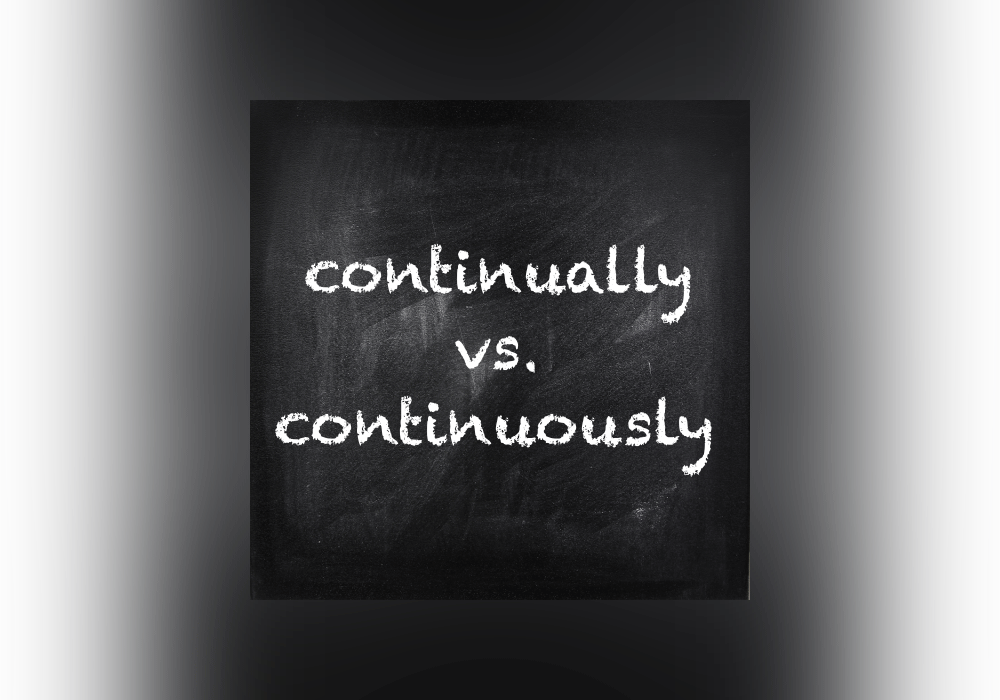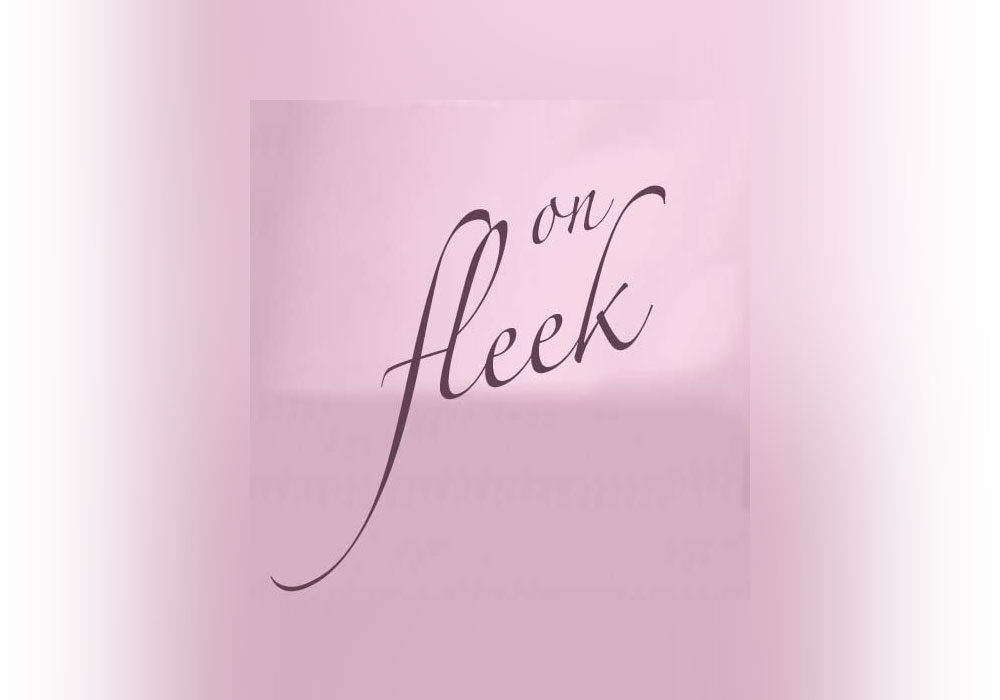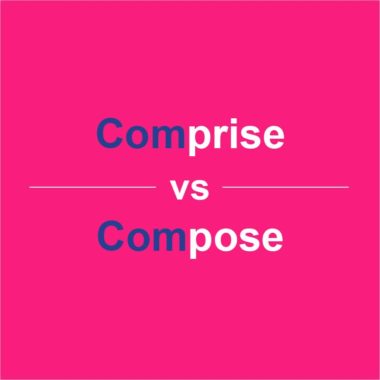Can an Inhaled Word Mean Something?
A surprising number of languages say yes—sometimes If there’s one thing you thought you knew about talking, it’s that speech is produced by pushing air out of the lungs, not by breathing in. But is that always true? This video shows a particular sound that means “yes” in Swedish, and it’s produced while inhaling: But it turns out that the Swedish inhaled “yes” sound is …











